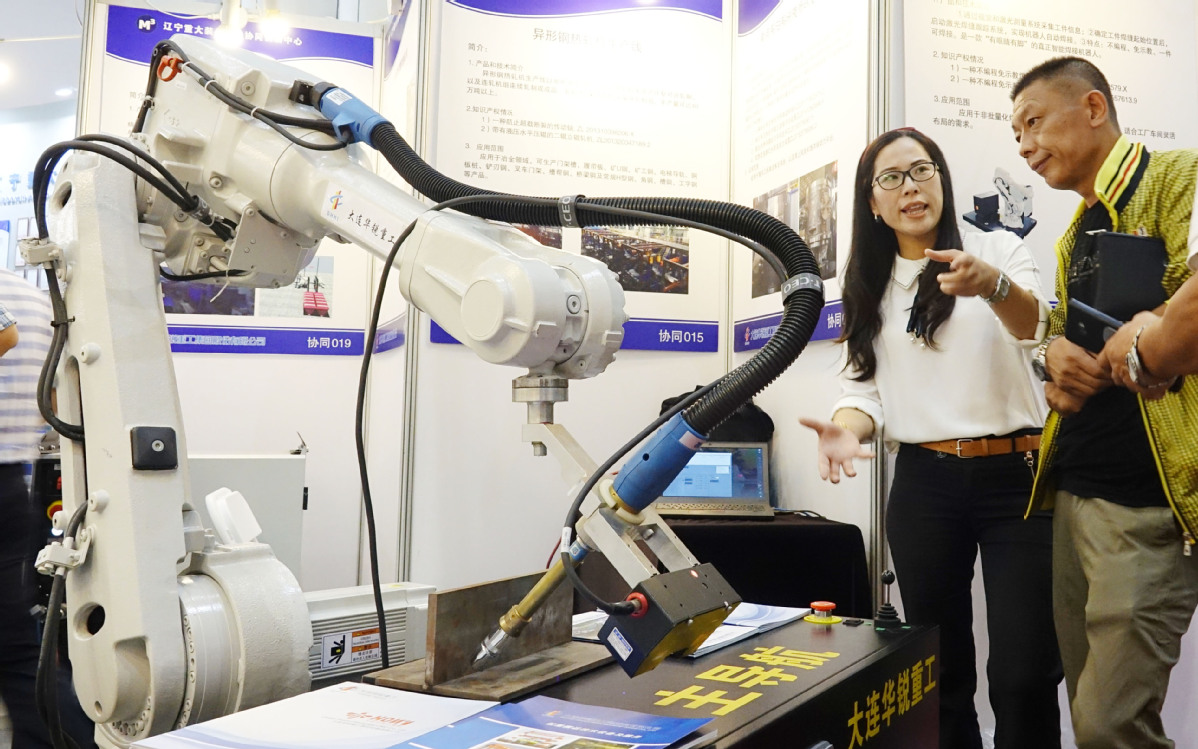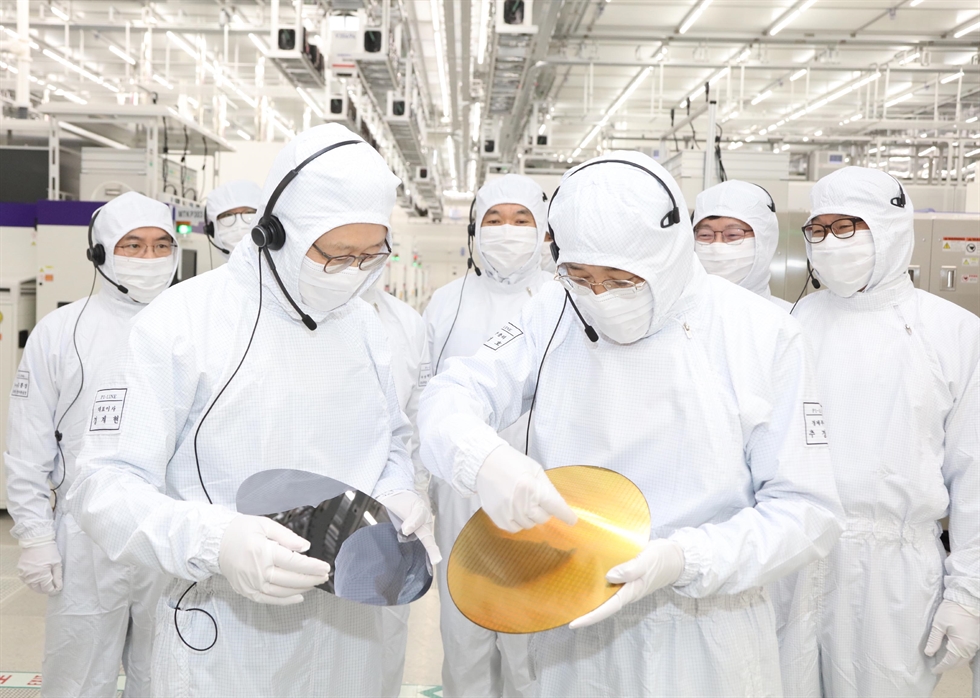Investment Disparity: China’s Thriving Sector Puts South Korea Under Pressure

South Korea is feeling the heat as a recent report from the Ministry of Science and Information Technology reveals that China has surpassed South Korea in the development of 136 key technologies for the first time in 2022. The report ranks the scientific and technological development level of the United States in 2022 as the standard. The European Union comes in second globally with a development level of 94.7%. Japan follows closely behind with 86.4%, while China and South Korea trail behind with 86.2% and 81.5%, respectively.
This ranking, conducted biennially by evaluating academic papers and patents in 11 fields including construction and transportation, aerospace, defense, mechanical manufacturing, resources, information technology, and software, shows that China has overtaken South Korea’s previous lead of 80.1% in 2020.

According to the South China Morning Post (SCMP), the increasing focus on China by South Korean media indicates their concern about being surpassed by China. Professor Zhang Huizhi, a researcher in Northeast Asia at Tsinghua University in China, stated that South Korea has always accepted the fact that the United States, the European Union, and Japan have developed more than they have. However, being surpassed by China, a country they once had an advantage over in terms of science and technology, is unacceptable and disheartening. In response, South Korea is strengthening plans to restrict technology transfer to China, preventing the exchange and leakage of advanced technology.
Park Ki-Soon, a professor of Chinese economics at Sungkyunkwan University in South Korea, called China’s relatively rapid progress in key technologies a “partially expected result” because China has been avoiding imitation and focusing on technological innovation.
The resulting trade deficit of 18 billion USD with China in 2023, as reported by the South Korean Ministry of Trade, Industry, and Energy, marked the first deficit since the two countries established diplomatic relations in 1992. South Korea’s exports to China decreased by 20% to 124.8 billion USD compared to 2022, while imports from the world’s second-largest economy decreased by 8% to 142.8 billion USD. Professor Park attributes this primarily to the diminishing competitive advantages of South Korean products due to China’s technological advancements.
“The trade deficit between South Korea and China will become permanent. Moreover, this means that South Korea and China, as global manufacturing powerhouses, will engage in a fierce battle for market share worldwide,” said Professor Park.
China is leading the development of key technologies by linking government research institutes, academies, large corporations, SMEs, and even defense-related organizations. Although there may be economic inefficiencies due to the failure of some projects, China seems to be achieving significant progress in technological tasks, according to Professor Park.
Professor Park adds that China’s technological superiority is expected to be a significant burden for South Korea. Therefore, Seoul needs clearer direction, including a macro vision and a future-oriented approach to the development of national science and technology. “The role of the government is considered crucial in the field of fundamental technology… Expanding the proportion of research and development expenditure on GDP and utilizing research and development funding efficiently is essential for improving efficiency compared to expenditure,” says Professor Park.
Professor Kim Dae-jong, a business professor at Sejong University in South Korea, points out that South Korea lags behind China in fields such as aerospace, where “China has invested considerable resources and personnel for scientific advancement.” However, Kim notes that South Korea leads in secondary batteries and semiconductors and can maintain a competitive advantage by focusing capital and human resources on “areas that can outperform China.”
This shift in the global landscape of technological development presents both challenges and opportunities for South Korea. To maintain their competitive edge, South Korea must invest in research and development, foster innovation, and strategize their approach to stay ahead in the ever-evolving tech industry.
For more financial news and insights, visit Business Today.
